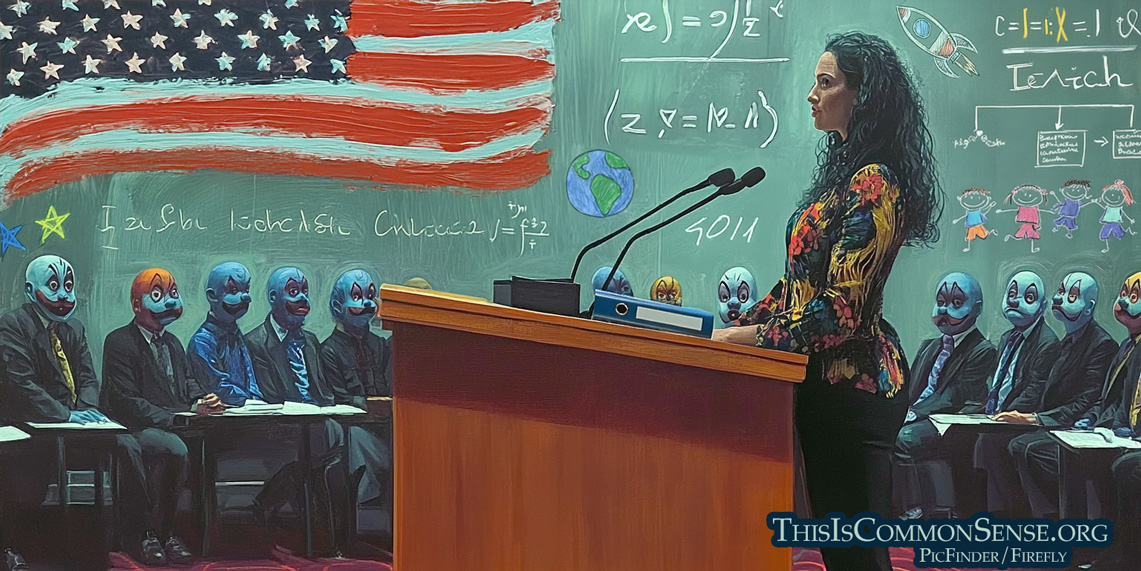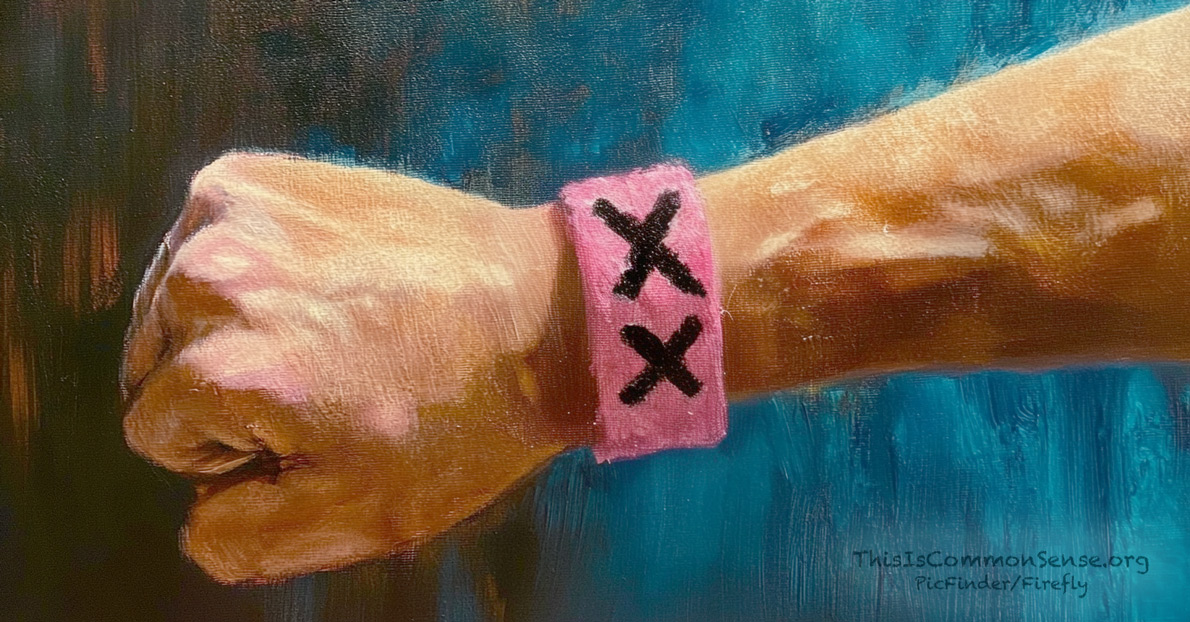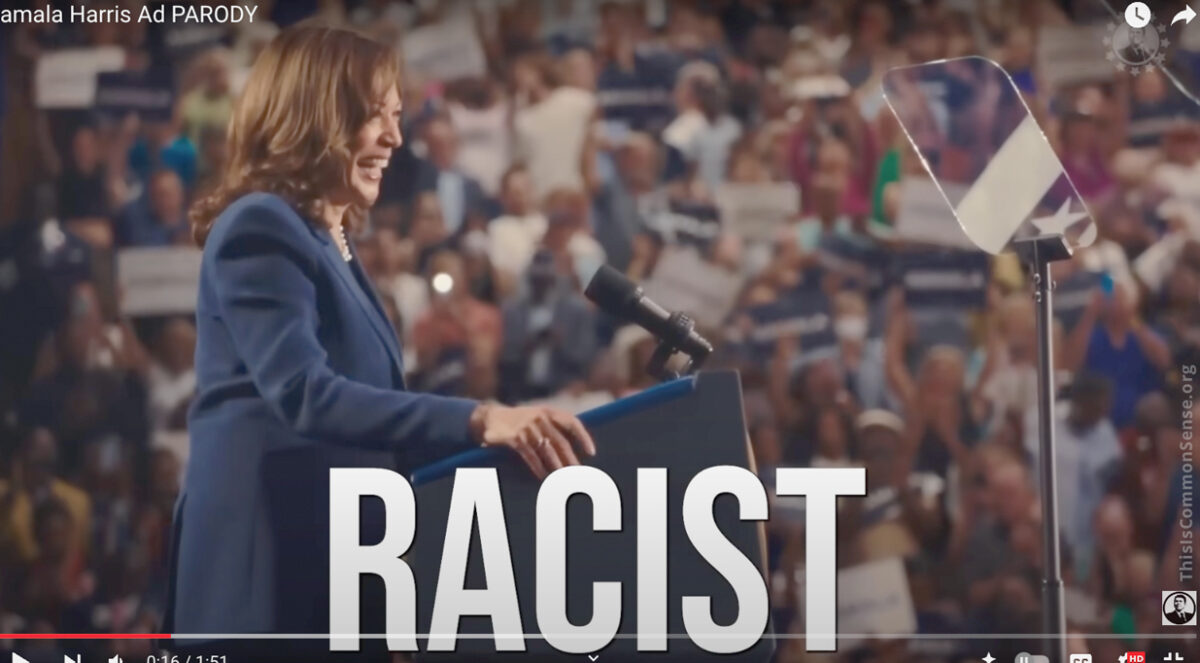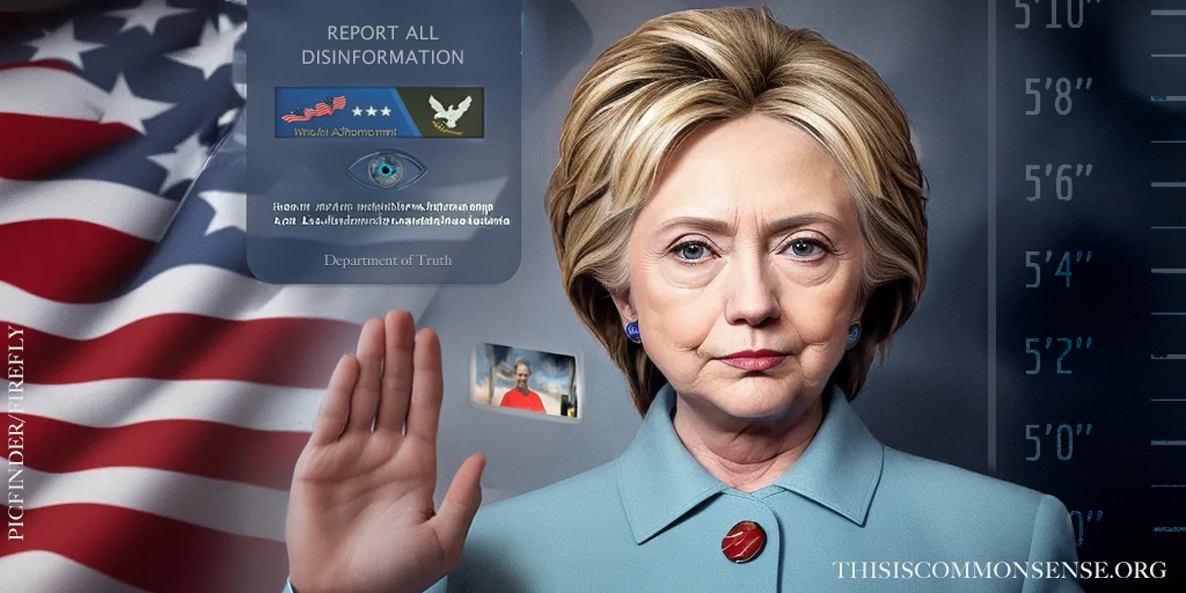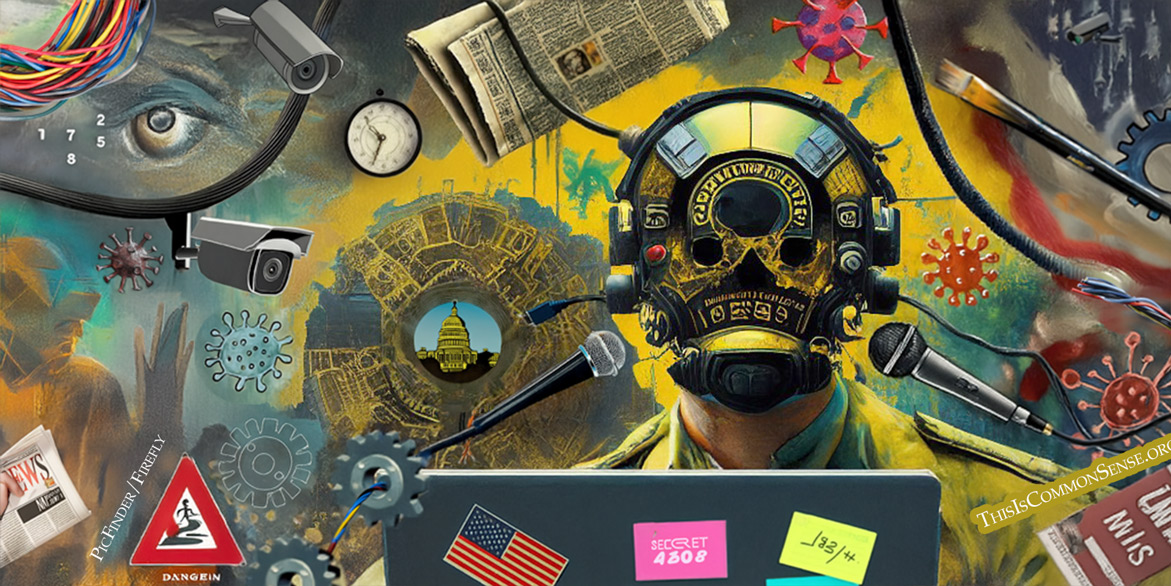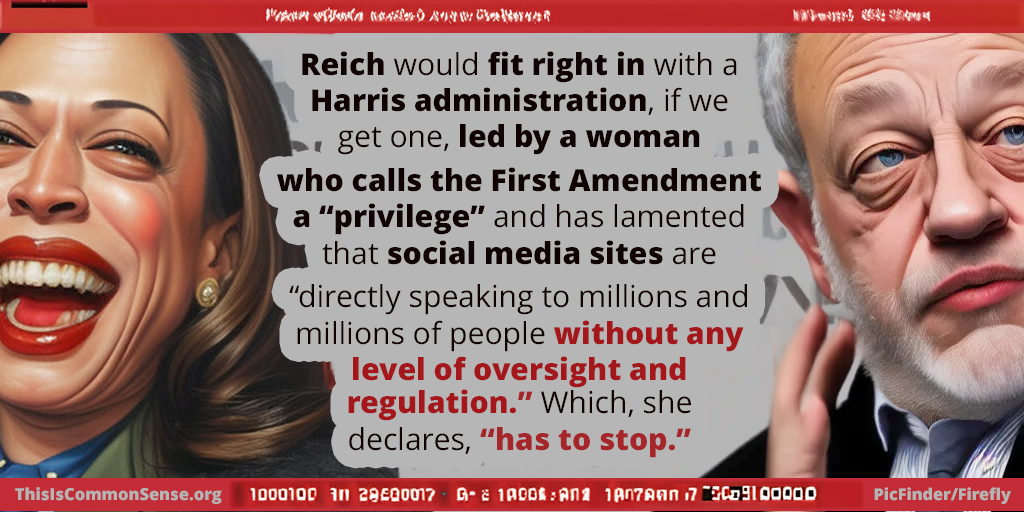“It was a chaotic ending to the public comment period during Tuesday night’s Loudoun County [Virginia] School Board meeting,” reports WJLA, the ABC affiliate in our nation’s capital, “when Chair Melinda Mansfield ended that portion of the hearing after giving multiple warnings to parents raising concerns about a current student with alleged gang ties [who] was arrested last year for carrying a gun and making threats to kill a classmate.”
Well, a public official did indeed put parents on notice not to talk further about the problem they came to discuss. However, a student who carries a firearm to school and threatens to murder his or her peers does perhaps warrant some smidgen of dialogue.
“According to sources with knowledge of the situation,” WJLA informs, “the student is allegedly connected to the MS-13 gang and is in the U.S. illegally.”
Parent Abbie Platt divulged that her “daughter is terrified to go to school with him.”
Four parents addressed the school board regarding this student; each was cut off by the board’s chair who accused them of “breaking the school board policy” by “providing information that could identify the student.”
“Everything that was brought up in this public comment is already public knowledge,” explains Tiffany Polifko, a parent and former school board member, telling the board that to “stop your constituents from speaking” is a classic violation of the First Amendment.
A spokesperson for Loudon County Public Schools defended the board’s speech squelching: “Even some minor details could lead … to the identity of a student, that’s just not a situation we’re comfortable with, that we’re going to accept.”
So, your kid needs to accept the risk of brutal torture and death, and you need to be quiet about it — because even discussing the danger might reveal the identity of the murder-and-mayhem-threatening student.
Those are public school priorities.
This is Common Sense. I’m Paul Jacob.
Illustration created with Midjourney and Firefly
—
See all recent commentary
(simplified and organized)
